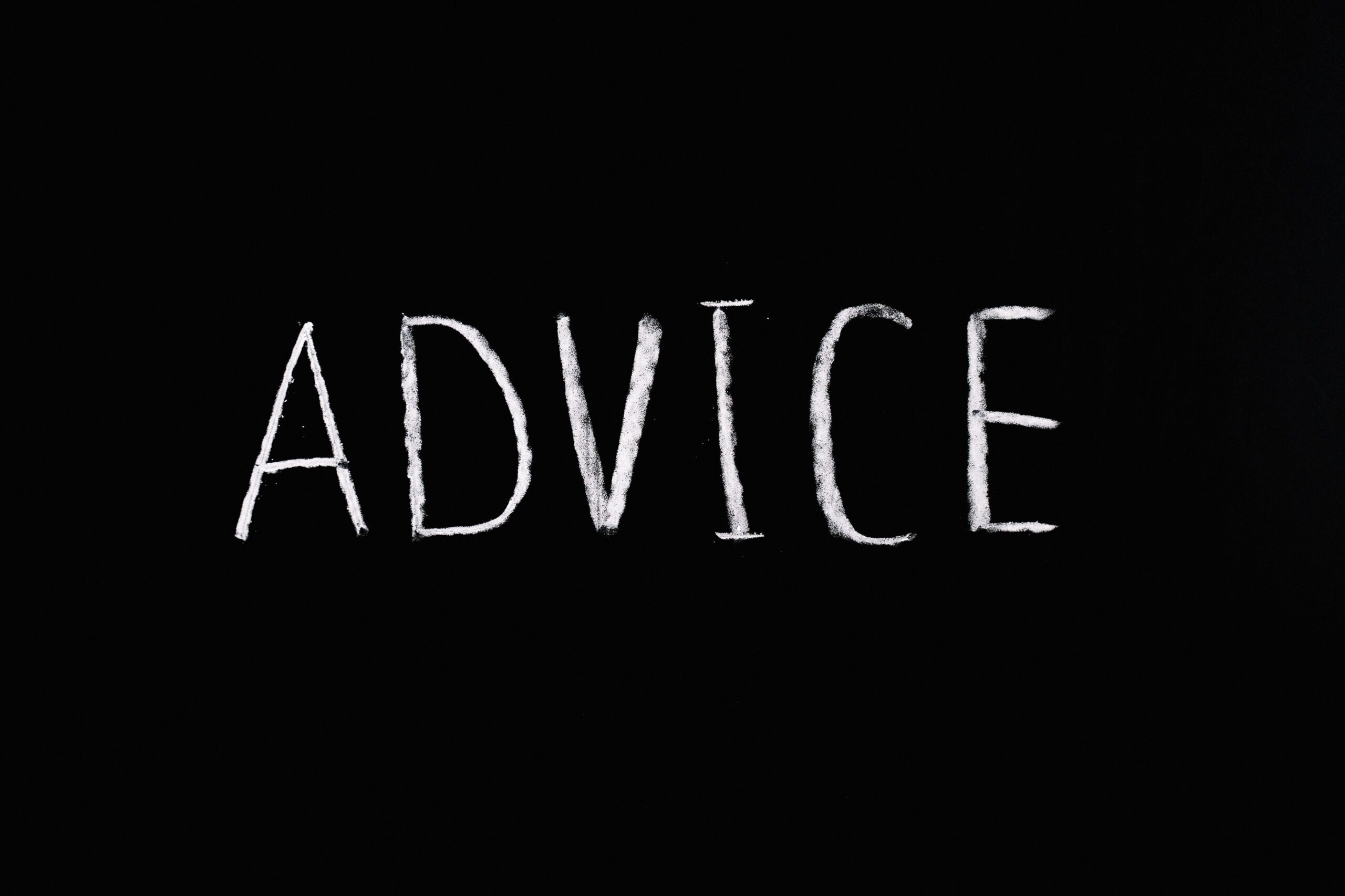Prevent opening mouth and inserting foot with these 5 questions
Problems are universal. They might look different, but we all have them. When those problems are shared, well,
that’s when it happens.
We give advice.
It is so plain to see (from our perspective), and it is so clear what the other person should do. So we open our mouths and then…
The relationship goes south.
There is a way to save you the pain and agony that comes next.
Be clear by asking yourself, “Was the advice requested?”
If they aren’t asking for advice, they will reject it, so don’t give the advice, it’s a waste of time.
They might just be venting and need to do so to become clear on what their next steps may be.
If there is a clear request for advice, then ask yourself, “Am I emotionally invested in the outcome?”
This makes clear if we have a conflict of interest.
Most often if we are dealing with family, we have some sort of emotional connection.
The third question to ask yourself is, “Is my advice based on experience or an opinion?”
Sometimes it is tricky to know the difference. Everyone has an opinion and we should only give advice if it is our experience.
This could sound like, “In my experience, I did…”
If you give advice based on your opinion, then say that. Admit that you have no personal experience with the advice, but your opinion would be…
Then ask, “Do I have the best interest of the receiving party in mind?”
If you are giving advice for selfish reasons, it probably won’t be received well. Focus on the receiver, this isn’t about you looking or feeling good. Get your pride out of the way.
Lastly, ask yourself, “Am I prepared to be personally responsible for the outcome?”
What if the receiver comes back and the outcome was not what was expected? Are you willing to take responsibility since they acted on your advice?
Or, what if it turned out correct, but now the receiver sees that the outcome happened because of what you said. They might be giving you credit for something which they should be taking personal responsibility for.
I remember working with a young man whose mother gave very specific, guided advice about an award he was working to achieve and when he got it, he sort of threw it back at her and said, “Mom, this is yours.” Wow, is that what she wanted for him? No.
He didn’t feel that he owned the journey to the award.
Most of the time, you will determine if you should give advice with the first question, “Did the person ask for it?”
Practice being a good listener, that is most often what people want.
And then you will find your relationships deepening. True connections happening.
Dr. Paul
| “People can have the best of intentions when they tell their loved ones how they should be living their lives. But often times, when we are in struggle, we are seeking to be supported, not solved.”― Jaeda DeWalt |
